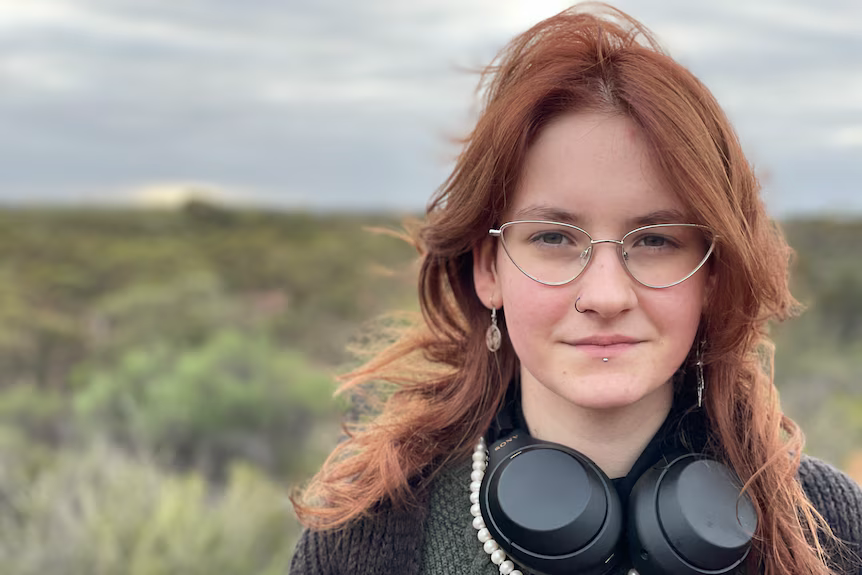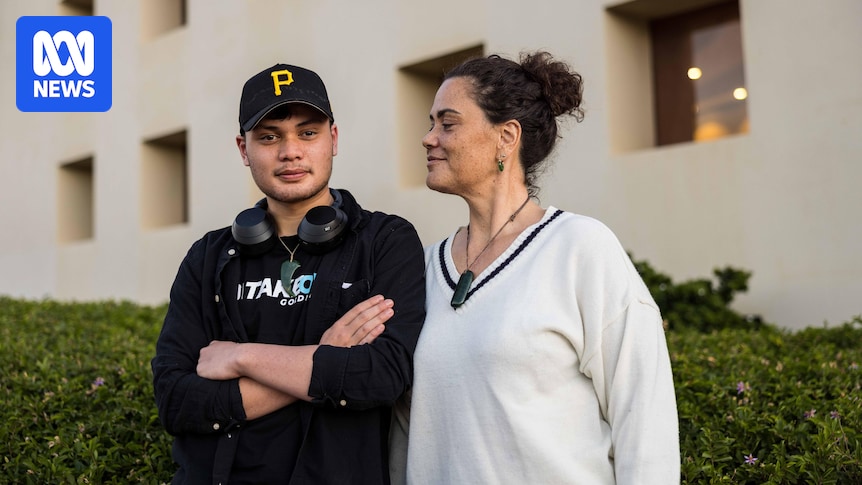Neurodivergent students vote with their feet amid school refusal crisis
ABC News reports that Independent Schools Australia saw a 276% surge in special assistance school enrolments in 8 years.

Source: ABC News – Rising demand for flexible options
Tilly first left mainstream schooling to try homeschooling when she was 13 because her family was travelling around Australia.
The arrangement was intended to be temporary, but when the family returned to their rural town in Western Australia, Tilly had no desire to rejoin the mainstream system.
"I'm autistic and [the] mainstream doesn't often take kindly to our different learning abilities," Tilly says.
"Especially here — mainstream's not best suited for neurodivergent people or antisocial people."
Growing demand for neurodiverse-friendly options
ABC News reports that Tilly is one of a growing number of neurodivergent students leaving mainstream schools to find education that better meets their needs.
Independent Schools Australia (ISA) reported a 276 per cent surge in enrolment at special assistance schools between 2016 to 2024, compared to a 23 per cent increase in mainstream schools.
Over the same period, the number of special assistance schools doubled to 101.
Special assistance schools operate much like private schools but charge little or no tuition fees.
They are funded by governments and charities and receive significantly more funding per student than mainstream schools.
These schools are represented by ISA, a federal lobby group keen to reframe public perceptions of private education and secure additional funding for new special assistance schools.
A 2023 senate inquiry into school refusal heard that thousands of students across the country were not having their needs met by the mainstream education system.
In a recent report, ISA urged the federal government to adopt a flexible, student-focused model of education to respond to the growing school refusal crisis.



